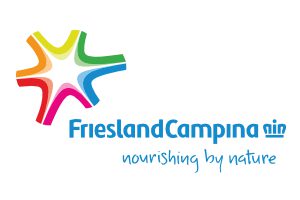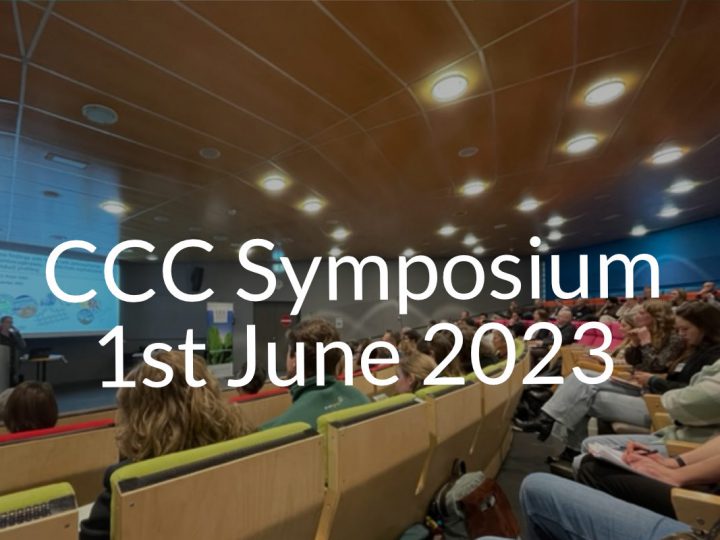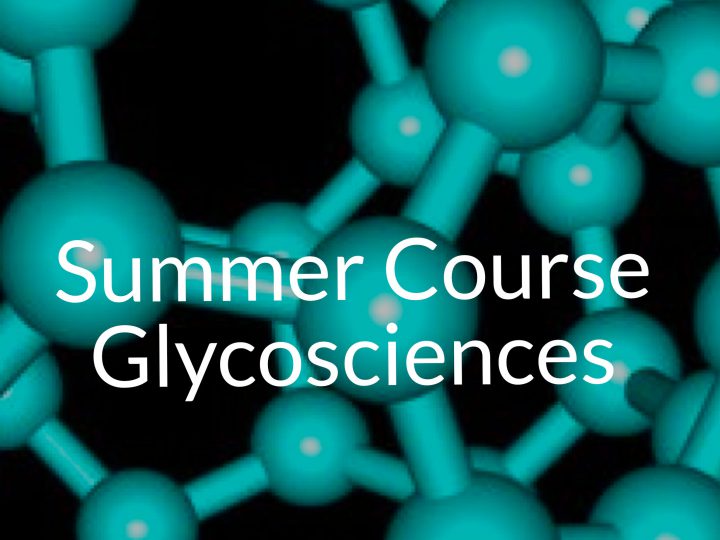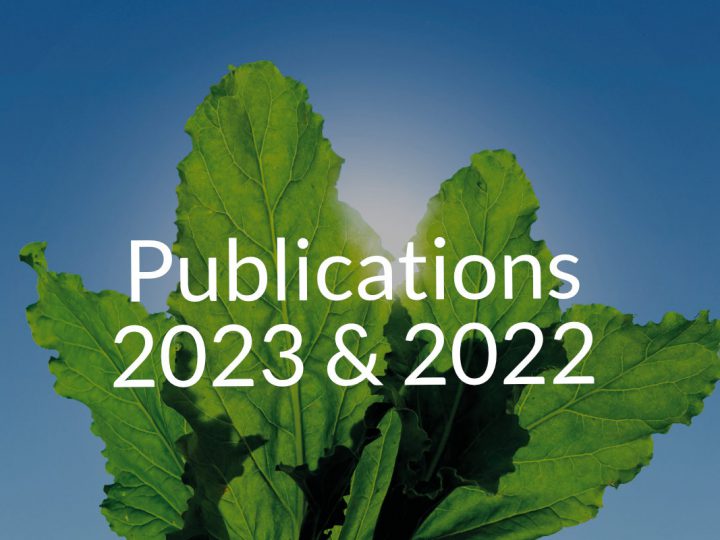Royal FrieslandCampina, fully owned by Zuivelcoöperatie FrieslandCampina U.A., provides millions of consumers all over the world with food that is rich in valuable nutrients from milk. With 18,645 dairy farmers in the Netherlands, Germany and Belgium it is one of the world’s largest dairy cooperatives. FrieslandCampina has branch offices in 34 countries and employs 23,675 people. The company’s central office is based in Amersfoort, the Netherlands.
FrieslandCampina
 FrieslandCampina produces and sells consumer products such as dairy-based beverages, infant nutrition, cheese and desserts in many European countries, in Asia and in Africa via its own subsidiaries. In addition, products are supplied to professional customers, including cream and butter products to bakeries and catering companies in West Europe. FrieslandCampina sells ingredients and half-finished products to manufacturers of infant nutrition, the food industry and the pharmaceutical sector around the world. FrieslandCampina is currently involved in two CCC programs: CarboKinetics and CarboBiotics.
FrieslandCampina produces and sells consumer products such as dairy-based beverages, infant nutrition, cheese and desserts in many European countries, in Asia and in Africa via its own subsidiaries. In addition, products are supplied to professional customers, including cream and butter products to bakeries and catering companies in West Europe. FrieslandCampina sells ingredients and half-finished products to manufacturers of infant nutrition, the food industry and the pharmaceutical sector around the world. FrieslandCampina is currently involved in two CCC programs: CarboKinetics and CarboBiotics.
Innovation centre in Wageningen
Since 2013, the FrieslandCampina Innovation Centre is based on the Wageningen campus in a building accommodating development, research & technology and a pilot plant. Senior scientist Arjen Nauta underlines the advantages of working under one roof: “At FrieslandCampina we embrace open innovation, working with each other, but also with clients, suppliers and academic groups and networks like CCC. This centre encourages close interaction and sharing of ideas.”
Involved in CCC network
FrieslandCampina has been involved in CCC programs from the start. Nauta emphasizes the value of participating in the CCC network: “For us it is relevant to interact with the experts from academic groups as well as other companies. Discussing new insights and knowledge with each other leads to ideas for their application in the business. This is what makes the CCC network so valuable for all of us.”
CarboKinetics
Currently, FrieslandCampina participates in two CCC programs. Nauta: “We joined CarboKinetics at the outset, two years ago. What I like about this program, is that it goes back to the roots of CCC. It is a program consisting of six small scale projects involving two PhD students each. The projects are dedicated and well-organised, leading to focused discussions and interactions. This program is a perfect example of synergy: it delivers more value than the individual projects could have done on their own.” Since the recent midterm review Nauta is even more enthusiastic: “We made a good start and the projects already have yielded interesting results. Our expectations for the final results are high. Possibly, they will lead to (patented) applications we can use in our product development.”
Substantiating positive effects of Ingredients
FrieslandCampina takes part in these programs to learn how their ingredients can positively impact the health and well-being of infants and elderly. Nauta: “Our collaboration works two ways: we provide ingredients to be tested and share our knowledge and experience with the researchers. We constantly challenge each other to think of ways we can apply scientific knowledge in practice.” In particular, FrieslandCampina is interested in the effects and degradation process of non-digestible carbohydrates, in particular of GOS (galacto-oligosaccharides that are fermented in the gut), and hMOS (human milk oligosaccharides). Nauta: “We want to know what happens to our ingredients once they are consumed and their positive direct and indirect effects on health and well-being.”
CarboBiotics
Recently, FrieslandCampina also joined the new program CarboBiotics. Nauta: “This program is very important. We sometimes need antibiotics, but also know that antibiotics have a negative impact on the beneficial bacteria in our gut. A previous CCC project has shown that GOS intake supports the recovery of beneficial Bifidobacteria after the use of Amoxicillin, a widely used antibiotic. This program, amongst others, continues this research. The new program just started, so we are eagerly awaiting the first results.”




